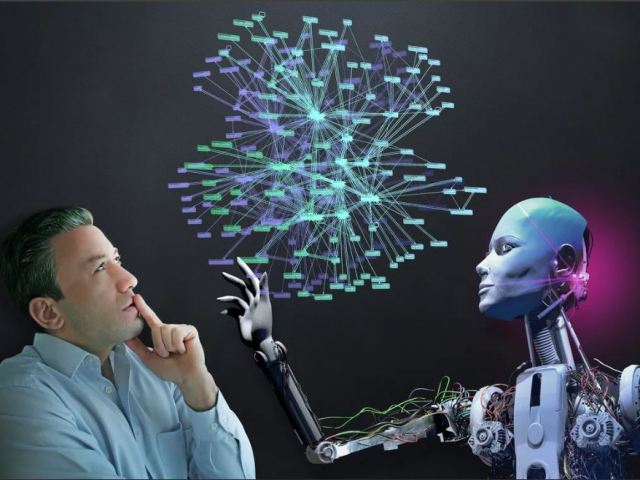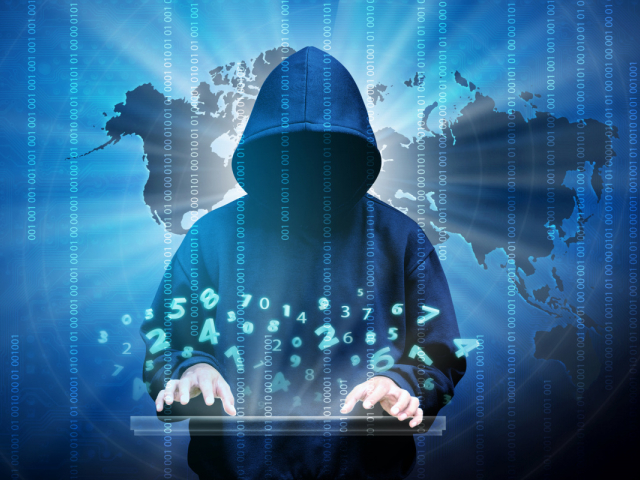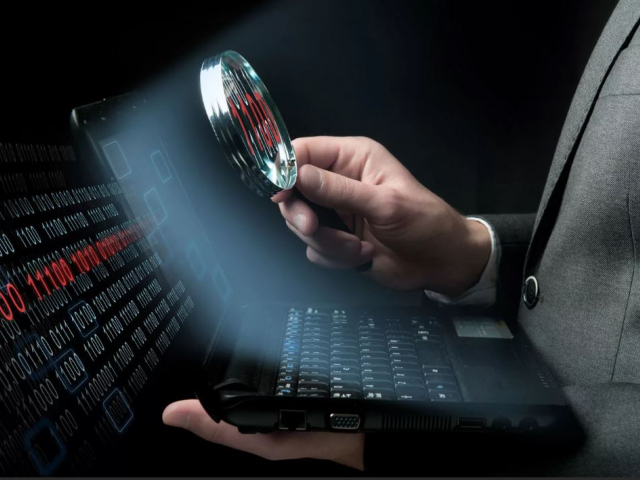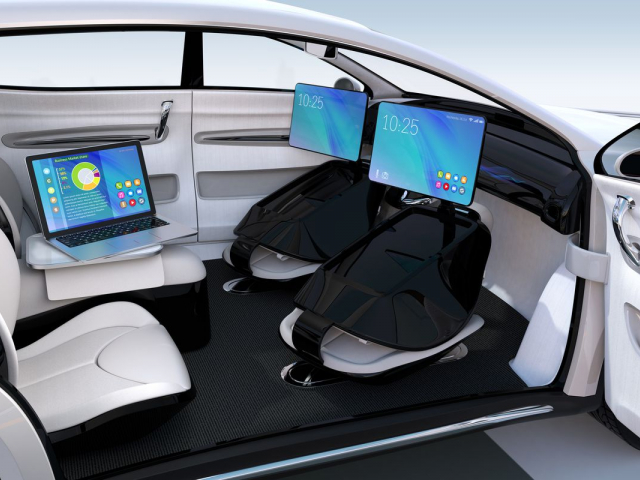
1. AI to become weapon in hands of cybercriminals
In the next few years, criminal groups, terrorist organizations and all those who want to join the arms race bypassing governments will do everything possible to get their hands on AI hardware assistants.
Therefore, the struggle between hackers and cybersecurity specialists may reach full-throttle in 2020. While cybercriminals are trying to figure out how to steal data, cybersecurity experts are doing their best to identify the crime before it is committed.

2. Cyber threats to increase amid conflict between West and East
The Internet mirrors everything that happens in the economic and political arenas. Via the Internet, people distribute information and different ideas, sometimes radical, sometimes fake, at the speed of light. Cybercrimes blossom in the periods of political and economic uncertainty.
For this reason, corporations, retail chains, and associations that are legal entities are required to comply with national laws so that trade wars between superpowers do not lead to the collapse of international organizations such as the EU, the UN, and so on.

3. Cyber attacks on government to surge
Experts assume that the race that started just before the election of the 46th US President will be remembered around the world for numerous and large-scale public disinformation campaigns.
Cybercriminals will not confine themselves with fake news, defaming the candidates. They will also attack the infrastructure that is used in election campaigns.

4. Lack of cybersecurity professionals to cause more havoc
Nowadays, the shortage of skilled security professionals alarms the world society. If in 2014, the number of vacancies in this area amounted to 1 million, in 2020, it will exceed 3.5 million.
At the same time, cybersecurity directly affects the information security of ordinary citizens, private companies, government agencies, and even entire states.
Experts believe that the lack of such specialists is mostly due to the high financial costs of their training.

5. Cyber attacks on vehicle infrastructure to grow
With the development of remote car control technologies, the threat of hacker attacks on personal data databases, which include not only email addresses but also bank accounts, is higher than ever.
Hackers can also gain control of digital devices in driverless cars. Besides, they have already succeeded in hacking private networks through home appliances and smart devices and then selling large amounts of private data to the black market.
This is why such risks must be addressed at the legislative level. Car manufacturers should also pay more attention to the security of future driverless cars. Additionally, they should take legal responsibility for car protection from cyber culprits.
 Deutsch
Deutsch 
 Русский
Русский English
English Bahasa Indonesia
Bahasa Indonesia Bahasa Malay
Bahasa Malay ไทย
ไทย Español
Español Български
Български Français
Français Tiếng Việt
Tiếng Việt 中文
中文 বাংলা
বাংলা हिन्दी
हिन्दी Čeština
Čeština Українська
Українська Română
Română
